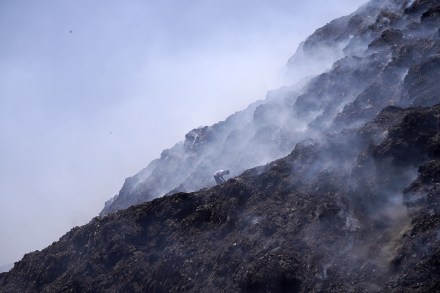Terrorists you might know or love: Brotherless Night, by V.V. Ganeshananthan, reviewed
More from BooksBrotherless Night is the second novel by V.V. Ganeshananthan, an American writer of Sri Lankan Tamil descent, whose debut, Love Marriage, was longlisted for the Women’s Prize for Fiction in 2008. Here, as in her previous book, a female narrator unpicks the lives of a Sri Lankan family torn apart by civil war. Sashi’s reason






























